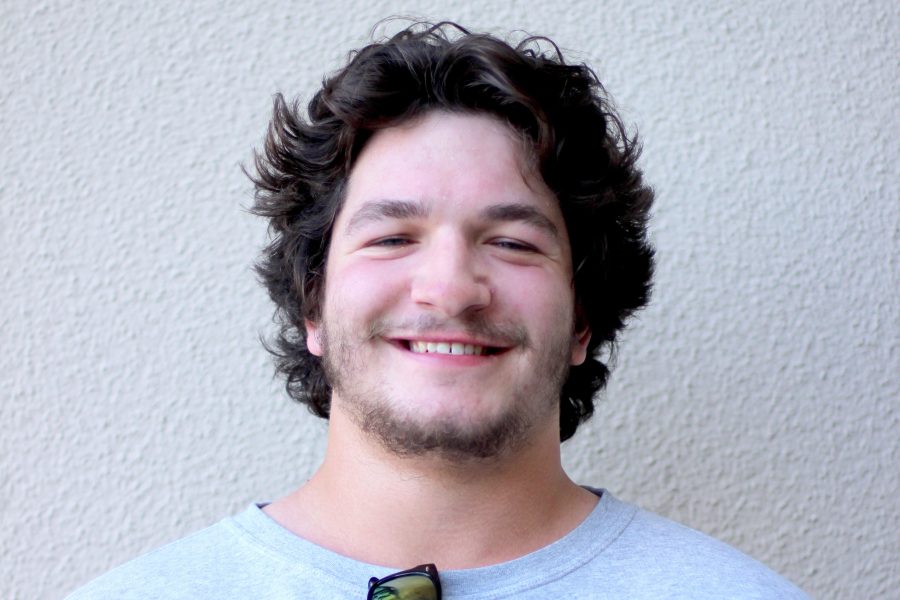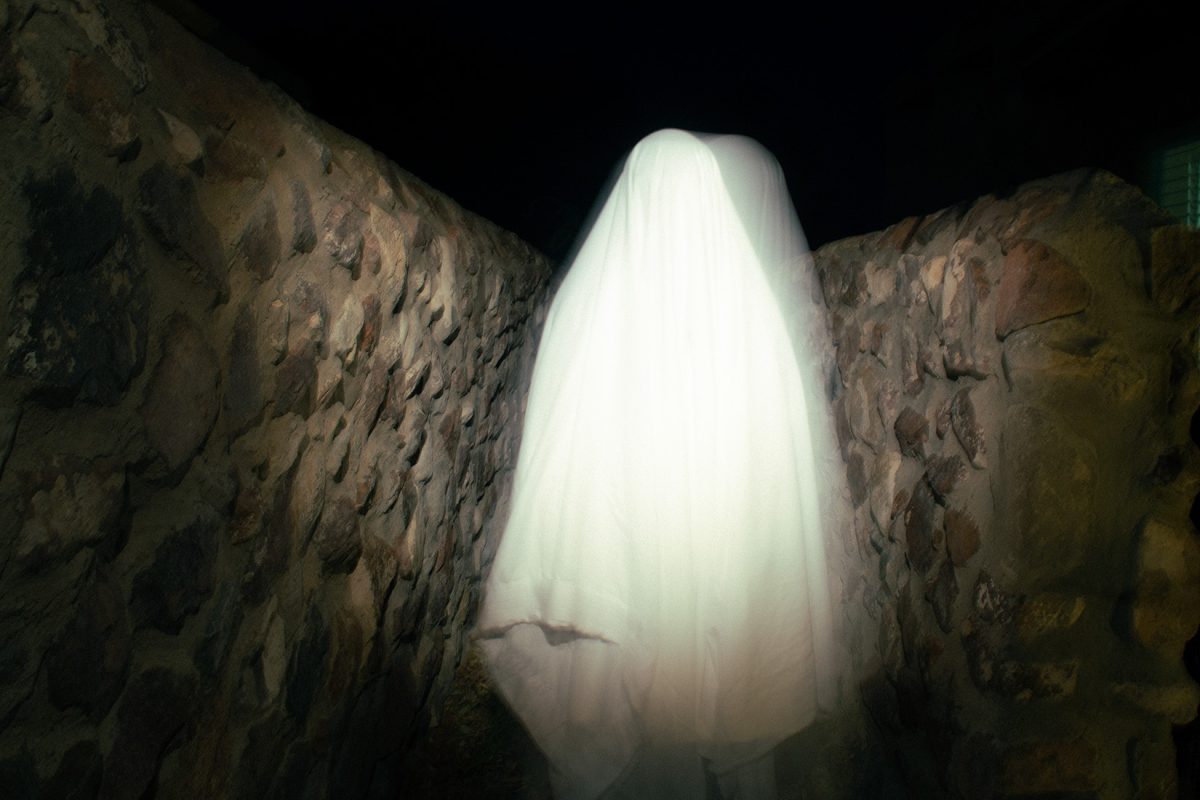In the United States, the First Amendment is a key pillar of our democracy. Freedom of speech, including expressing religion safe from criticism and persecution, is one of our most cherished liberties.
The idea that each individual is entitled to their own thoughts and beliefs separates us from many other countries. This is why it’s necessary to respect each other’s religious beliefs. Religion is a delicate subject, and one of the two topics should avoid discussing at parties and social gatherings.
The reason for this is because our religious beliefs, whether present or not, have usually been instilled in us or learned from an early age. Opinions should not be forced on others. A collaboration of minds is wonderful, and intelligent discourse over religion between varying minds can be wonderful way to gain an understanding of different viewpoints from one’s own. Unfortunately, this is not often the case.
On our campus, a man is present usually around midday, preaching Christianity near Centennial Plaza. He’s loud and draws attention to himself from students walking between classes. Standing atop a concrete bench, his voice can be heard from a distance.
I feel that this is not the way to spread religion.
This fire and brimstone approach is obnoxious and pseudo-biblical, highlighting faith and repentance as a necessity to avoid an eternity of torment following death. Christianity is painted in an Old Testament, fearful light, as opposed to the reassuring comfort and life of good works that many Christians and Catholics pride themselves on.
In high school, I went to Canisius High School—a Jesuit school, where its 140 years of tradition were always highlighted. We were generally traditional, and went to mass in the auditorium during religious times and a prayer was read along with the Pledge of Allegiance every morning. It was a very formal school, with a dress code of a shirt and tie except during the warmer months, an all-male student body and a form of detention labeled JUG-short for “justice under god.”
The crazy thing was, not everyone was a Catholic. Religious tolerance was an unwritten rule, and Canisius held much more stock in fostering responsible young men (men for others, as the slogan went) than personal religious development. The tools were there, and with retreats, missions and the presence of fathers and school alumni as teachers, the doors were open for spirituality.
If a student wasn’t a Catholic, they weren’t shunned or threatened with a lifetime of fiery hell. It was far more important to live a good life and be a good person than to be religiously affiliated. I graduated with atheists, Jews, members of the Islamic faith and others. All were treated with respect for their views and were well respected. Religion was a backdrop for receiving a good education at Canisius, and was never forced or demanded. That’s the way it should be.
Religion can offer a sense of comfort, strength and humanity to participants. Yes, it has its fair share of downsides, global disagreements, misunderstandings and intolerances resulting in mass death and wars are some downsides. That being said, everyone is free to worship as they wish. Religion should never be forced upon anyone. Religion is a belief that stems from deep within the psyche of an individual, and can be tied to the truest form of an identity. Therefore, it should be found on one’s own, not obnoxiously yelled from a concrete bench, a poor man’s soapbox of intolerance.





